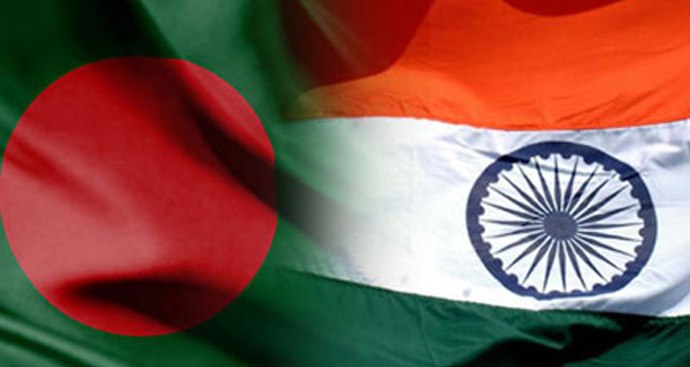
What can India Learn From Bangladesh?
British India was subsequently divided into three nation states and their collective history was sent into three different dimensions. The success story of Bangladesh and its fight against infant mortality rates and eradication of diseases is the example for India to follow and emulate. Bangladesh is known for its population and density of the population in Bangladesh is higher, despite that India’s neighbor made enormous progress in alleviating poverty and ending diseases.
In case of India’s response to the eradication of diseases, it is nowhere compared to Bangladesh. In terms of improved sanitation, vaccination, and health discipline, Bangladesh ranks higher than India. As it has been pointed out to the Indian policymakers that India cannot make many strides with the given caste system which is so deeply embedded in the Indian psyche that though the latrines are provided to the villages, they prefer to relieve themselves in the open. This practice has roots in the caste system as pointed out in the famous study: Where India Goes!
India cannot excuse itself for its population and cannot hide behind the numbers of citizens that India is much bigger in the scale. Bigger or smaller has no bearing on the success of certain policies, what matters at the end of the day is the changes in the attitudes which are the crucial vehicles for any change.
Indian psyche is not changing when it comes to the caste system which has fractured the country beyond repair and in the absence of the strong sense of community which gets fractured with the sense of purity of one human compared to another, no progress is possible. And therefore the nations like Bangladesh are rising up in all different aspects, but India despite so many comparative advantages over other countries is failing and it is failing badly: thanks to India’s caste system.
Our neighboring countries have better socioeconomic indicators and the people in Pakistan are happier than the Indians is now attested by the studies.
Author – Mangesh Dahiwale, Human Rights Activist



+ There are no comments
Add yours